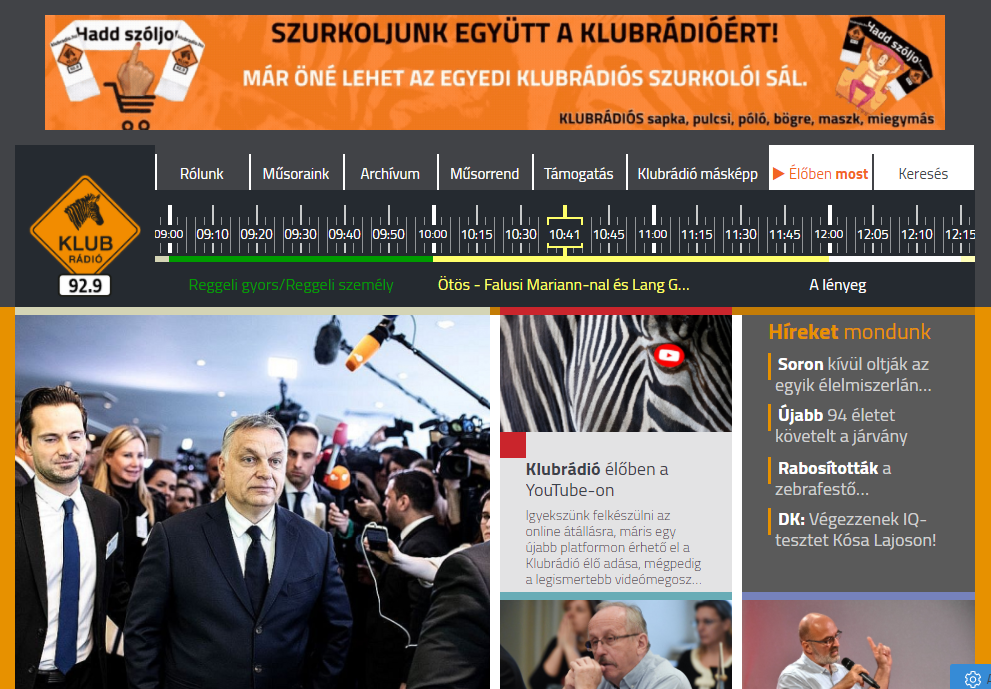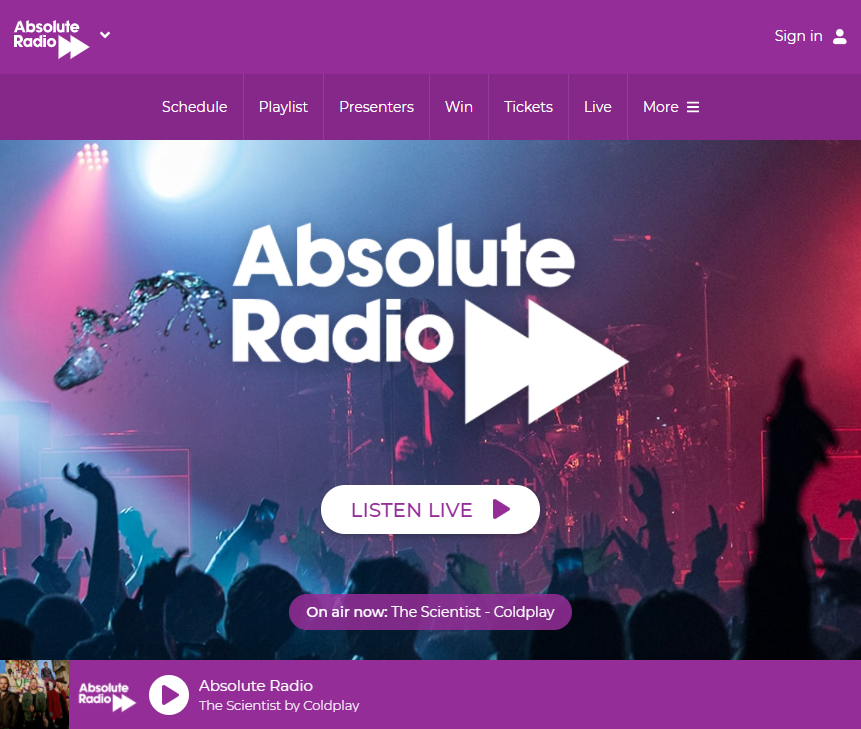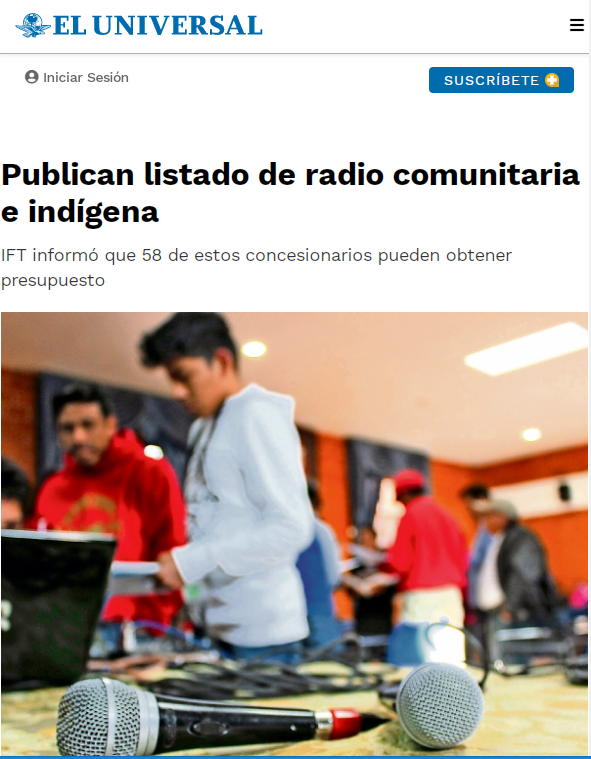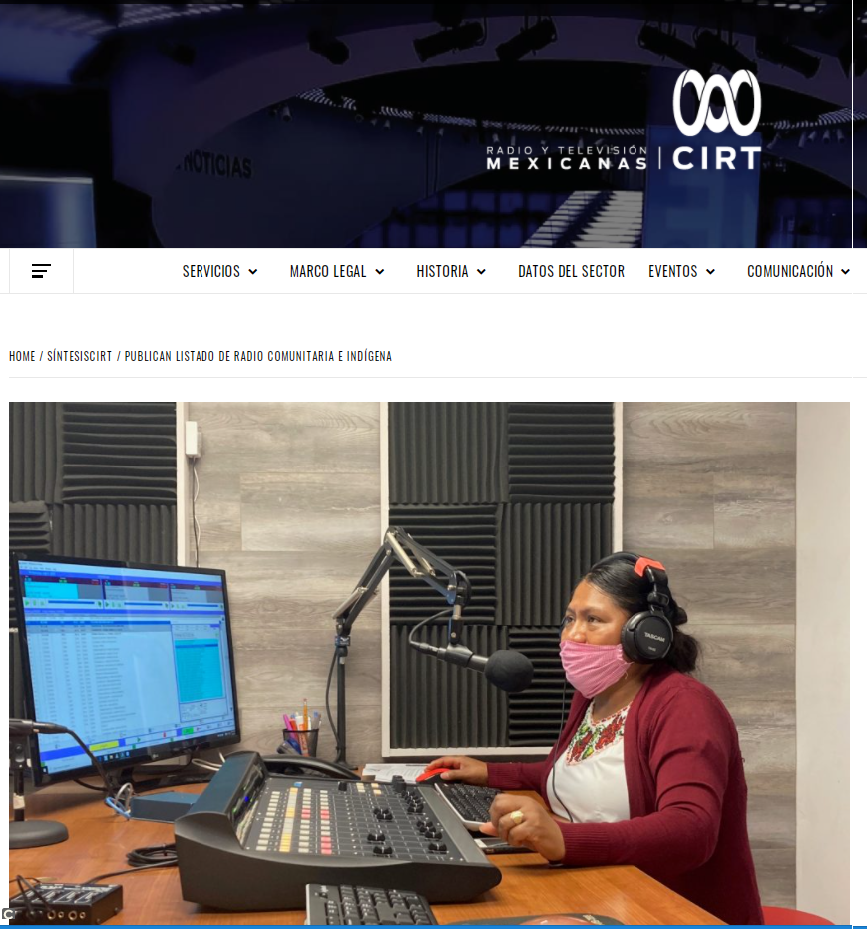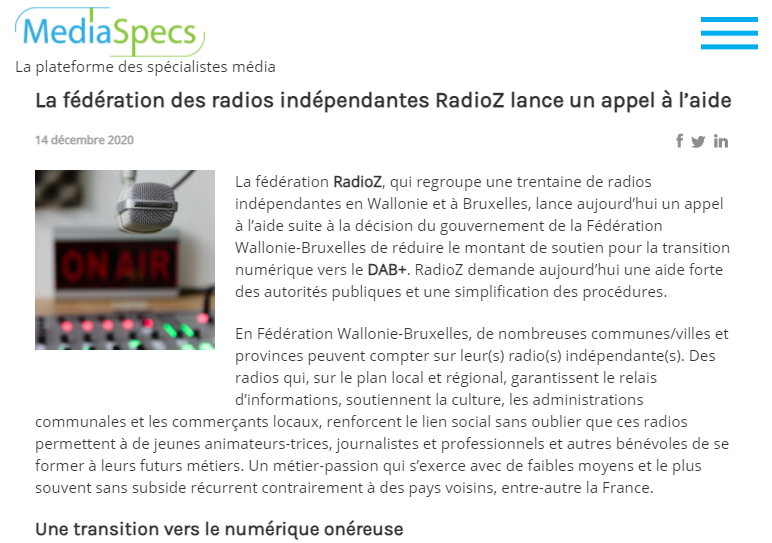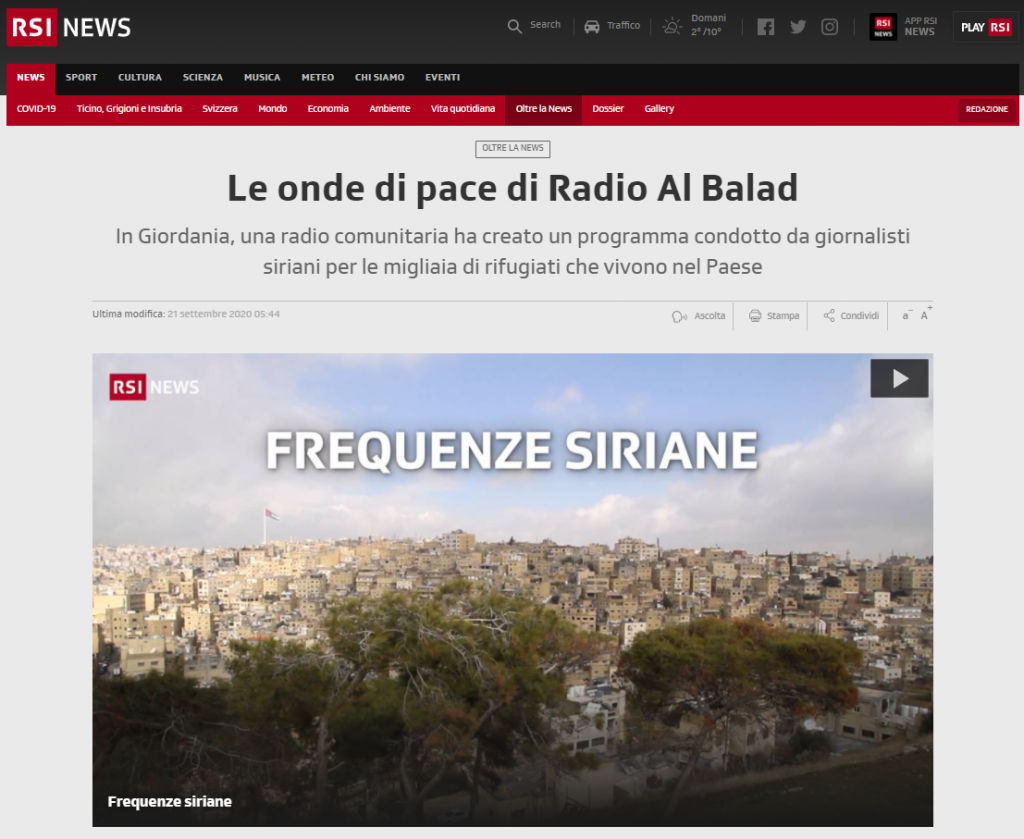
Source
The 50 million EUR allocated by the Italian government to support broadcasters affected by the drastic drop in advertising due to the pandemic have not been distributed fairly. Stopping the decision of the old executive (Conte II) is Agcom, the Italian Communications Authority. The “Fund for emergencies relating to local broadcasters” had been established by Article 195 of the Decree Law of May 19, 2020, but the implementing decree had been issued by the Ministry of Economic Development only on October 12, 2020. The text defined the procedures for the allocation of the contribution, reserving 95% of the resources for the first hundred television stations in the ranking, and dividing the remaining 5% among those from the hundredth place onwards. This choice, which had already aroused controversy, was rejected by Agcom because it could create market distortions, and the authority hopes to divide it into two portions: one among all the broadcasters meeting the eligibility requirements, in proportion to the score in the ranking list, and the other, in equal parts among the broadcasters, taking care to ensure that the latter portion of resources has a sufficient amount to guarantee adequate subsidizing for the smaller broadcasters.


